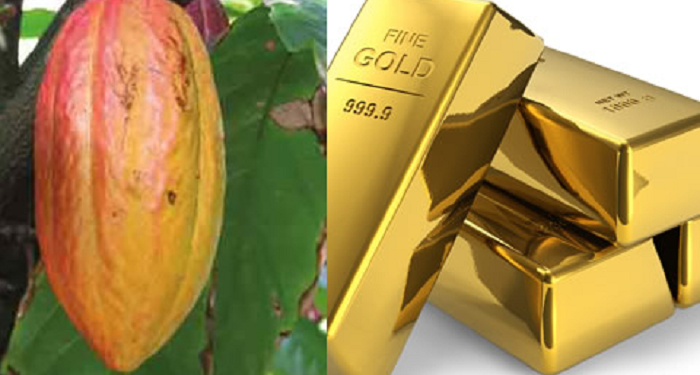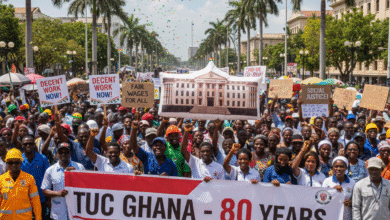Ghana’s Gold Aggregation Model Could Deliver Greater Economic Gains Than Cocoa — If Managed Well

Ghana stands at an economic crossroads. For generations, cocoa has been a pillar of national revenue and rural livelihoods. Its marketing system, coordinated by COCOBOD, is one of the most studied commodity governance models in the world. Yet the small-scale gold mining sector, now being formalised through the Ghana Gold Board (GoldBod), presents a far more immediate economic opportunity with direct implications for the cedi, export earnings and community incomes.
The Gold Aggregation Model seeks to organise and purchase gold from licensed small-scale miners through approved buying agents for export. Early results suggest that when gold flows through formal channels, the benefits are significant. According to official data, Ghana exported more than 41 tonnes of gold worth about US$4 billion between February and May 2025, while the Bank of Ghana increased its gold reserves by over 20 percent in the same period. These developments indicate how formalisation can reduce smuggling, improve reserve buffers and help stabilise the currency.
Learning from COCOBOD’s Strengths – and Its Limits
The cocoa sector offers valuable lessons. COCOBOD’s pricing framework ensures that farmers receive a stable, predictable income insulated from sudden global price shocks. It also demonstrates the value of coordinated support services, from extension training to input supply. However, Ghana captures only a small fraction of the final value of the global cocoa market. Most processing and value addition occurs abroad.
Gold differs fundamentally. It trades at global spot prices all year. It can directly strengthen foreign reserves. And it offers a higher value retention potential if local refining and processing capacity are expanded.
What Will Determine Success
The aggregation model will only deliver lasting benefits if certain conditions are met:
-
Fair, transparent pricing tied to the global spot market to prevent miners from returning to informal buyers.
-
A Stabilisation and Income Support Fund to protect miners during global price drops.
-
Investment in refining and local value addition so more value stays in Ghana rather than being exported in raw form.
-
Clear and coordinated regulatory oversight to reduce bureaucratic bottlenecks and rebuild trust with mining communities.
Small-scale mining employs more than a million Ghanaians directly. For many rural households, it is the primary source of income. A well-managed regime would not only raise incomes but also reduce the environmental damage often associated with unregulated mining by reinforcing compliance incentives.
The Stakes Are High
If government and regulators get this right, the Gold Aggregation Model can strengthen the cedi, increase export earnings, create fair livelihoods and support rural development.
If mismanaged, Ghana risks repeating a painful cycle: smuggling networks strengthened, environmental destruction worsened, and communities left behind.
Conclusion
Ghana has an opportunity to reshape how natural resource wealth contributes to national development. Cocoa taught the country the value of structured market organisation. Gold now offers the chance to apply those lessons to a higher-value sector, with the potential to reshape the economy from the ground up.
The choice is clear. The benefits are significant. The responsibility is shared.
The moment to get this right is now.




